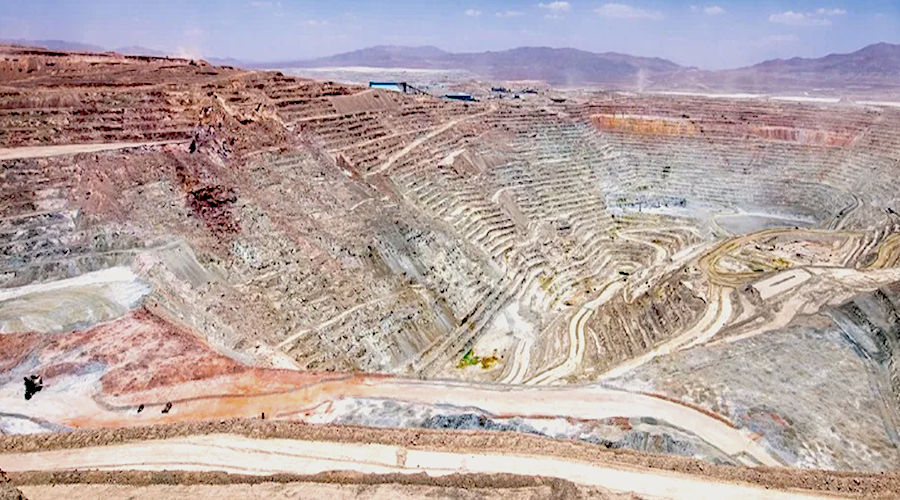BHP tries dodging strike at Escondida copper mine in Chile


BHP (ASX: BHP; NYSE: BHP; LSX: BHP) has reached an agreement with unionized workers at its Escondida copper mine in Chile, the world’s largest, in a last-minute attempt to avert a strike planned for Nov. 21 and 23.
The deal with Sindicato 1, which represents more than 2,000 workers, must still be approved by members of the union, which have been called to vote on it today.
BHP said the proposal outlined the implementation of “a series of productivity measures” that benefits workers and the company. The company, which runs Escondida, said the document was the result of dialogue held in the past weeks.
Members of Syndicate 1 announced last week they were ready to down tools on November 21 and 23 due to multiple "non-compliances, infractions and violations" committed by BHP.
The world’s largest miner has denied such claims, saying it has always operated the mine following the “highest standards of occupational safety and risk prevention.”
Chile is the world’s top copper producer, and sales of the metal make up for about 60% its export earnings.
If approved by the union, the deal will ease concerns over a further tightening of global supplies of the orange metal, a key material needed for the world’s transition to a tree economy.
In 2017, Escondida workers staged a 44-day strike, the longest in Chilean mining history. The labour action caused the company $740 million in losses and meant a contraction of about 1.3% of Chile’s GDP.
The operation, responsible for about 5% of the world’s total copper output.
While majority-owned and operated by BHP, Rio Tinto and Japanese companies such as Mitsubishi Corp also hold stakes in the mine.
Comments